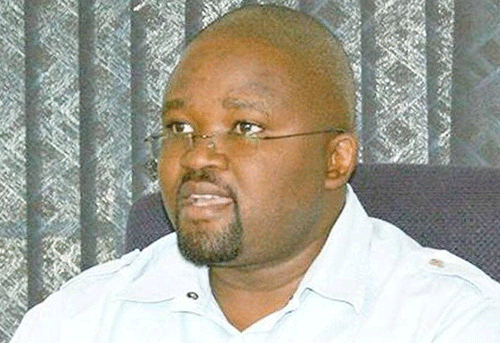Swanu leader Evalistus Kaaronda flagged the ‘inadequate’ funds allocated to early childhood development for the 2025/26 financial year.
This financial year, the education sector, which includes early childhood development, was allocated a total of N$ 24.8 billion. The entire Ministry of Education, Innovation, Youth, Sport, Arts and Culture has been given N$76.1 billion over the three-year Medium-Term Expenditure Framework (MTEF).
Previously, childhood development fell under the Ministry of Gender Equality and Child Welfare but has been moved by President Netumbo Nandi-Ndaitwah.
Kaaronda said in the National Assembly last week, told the Minister of Education Sanet Steenkamp that he was disappointed to notice the percentage allocation for early childhood development. He did not mention the actual figure allocated, and this has not been revealed yet in public documents.
“I am hopeful that during the committee stage debate of your vote, this proposed percentage will be adjusted upwards. I am happy to note that during one of the maiden speeches presented in this House, one of the members also raised this very issue,” he said.
The Swanu leader proposed a rise in the allocation to early childhood development rather than “continuing to pay salaries to faceless ghost teachers and non-existent civil servants”.
Furthermore, Kaaronda called for an urgent overhaul of Namibia’s public health delivery system.
The parliamentarian suggested that the public procurement regime be done away with, to introduce insourcing of key services on the one hand, and placing the Ministry of Health in a position to directly engage service providers.
“In other words, the need for middlemen in the State procurement processes must be reduced,” he stated.
Kaaronda said there was a time when Namibia’s primary healthcare was one of the best in the world, and thus he thought the country should return to those days and dust off its primary healthcare system.
-Nampa



